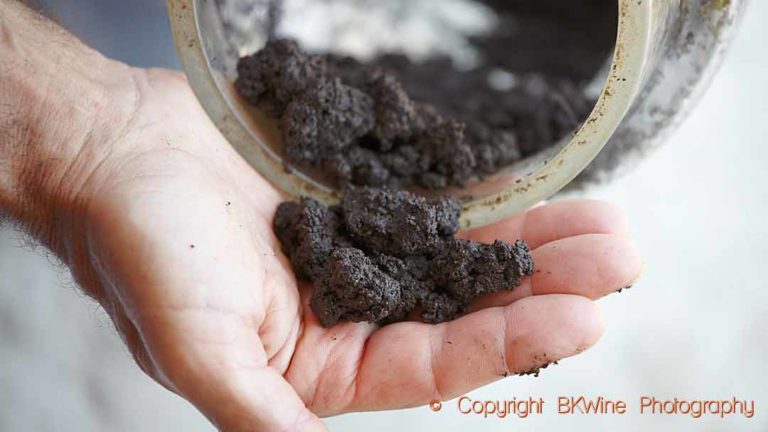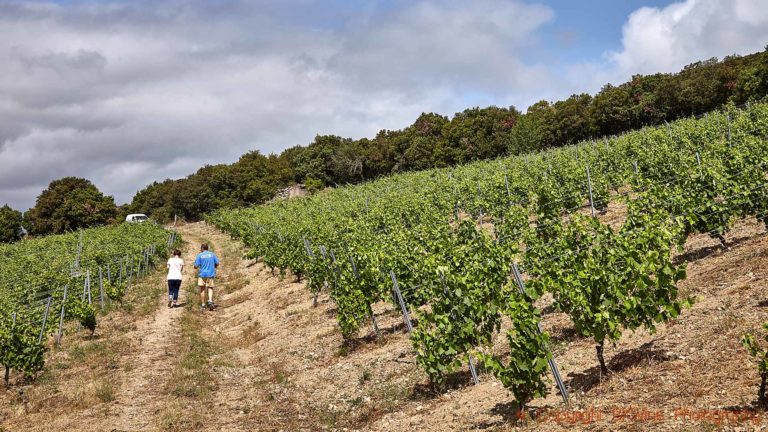Organic, biodynamic and natural wines have a more concentrated flavour than traditionally produced wines, some of the producers claimed at a seminar on German organic wines that I recently attended.
The international wine world seems to be increasingly aware of how important it is that wine be produced in a sustainable and environmentally friendly way. At the same time, consumers want to pull their weight and increasingly buy wines with a “green” label. This is a very marked tendency not least in Sweden where Systembolaget last year doubled its sales of organic wines.
Or is perhaps the increase due to that consumers perceive organic wines as healthier than the “normal” wines? And does taste matter? Do organic and biodynamic wines taste different?
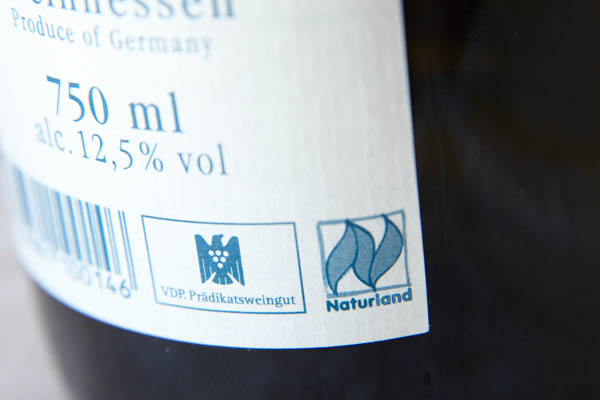
Terroir determines flavour
Steffen Christmann from the well-known producer A Christmann, said that German organic wine producers since far back has a deep knowledge of how different soil types, locations and climate affect what ends up in the bottle.
“These wines taste different, they require that one is more attentive to experience the taste”, said Steffen Christmann.
Steffen Schindler, The German Wine Institute marketing representative, was not quite as categorical. There are both good and bad organic wines just like traditionally produced wines, but the grapes are often healthier and more aromatic with organic farming, he said.
“The taste depends to a great extent on that the organic wines ferment with the natural yeast on the grape skins, which is individual for each vineyard”, someone in the audience hypothesised.
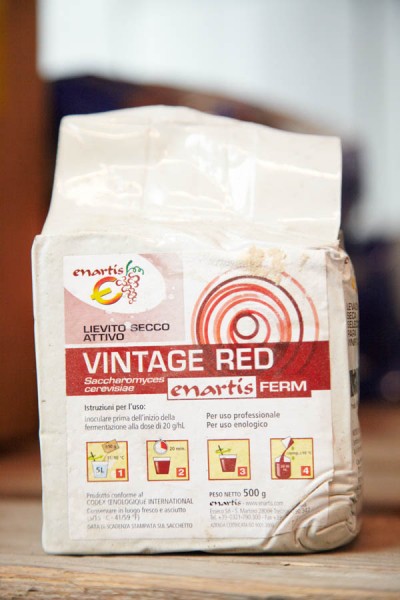
Lotte Pfeffer-Müller of Signature Wines and Steffen Christmann both said that they primarily want to use only natural yeast, but there are situations when the producer is forced to use a selected yeast strain, for example when fermentation with natural yeast is at risk of failing.
Sulphur or not?
The use of sulphur, or not, to make the wine more stable so that it does not oxidize, is another important issue in the production of organic wines. In “natural wines” there is usually no sulphur added while it is often included in smaller doses in organic and biodynamic wines.
“Sulphur is needed in fruit-driven ‘cool climate’ wines, otherwise you lose the elegance of the fruit”, Steffen Christmann said.
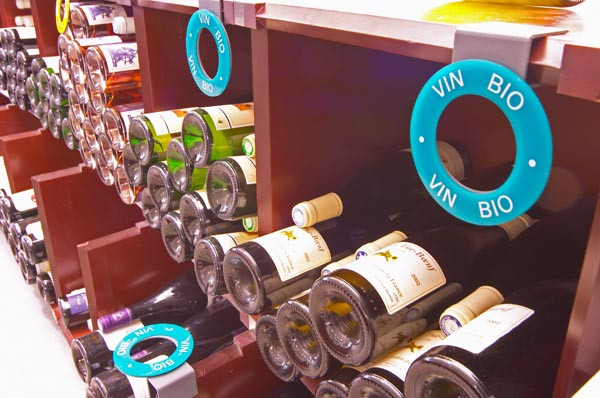
Judging by the large number of young producers present at the seminar it seems the trend has taken root in earnest in Germany. We will certainly get to experience many interesting new German wines that are sustainably produced, to match the trend for sustainably produced food.
Participating wineries with organic German wines:
- Ökologisches Weingut Schmitt, Rheinhessen
- Weingut Clemens Busch, Model
- Signature Wines, Rheinhessen och Baden
- Weingut Dr Corvers-Kauter, Rheingau
- Weingut Weinreich, Rheinhessen
- Weingut Jurgen von der Mark, Baden
- Weingut Landgraf, Rheinhessen
- Weingut Biolandhof Rinklin, Baden/Kaiserstuhl
- Weingut Janson Bernhard, Pfaltz
- Weingut Christmann, Pfaltz/Mittelhardt
Birgitta Dalenstam Lindgren writes on BKWine Magazine on wine tastings, wine events and other things on wine. She is, among other things, wine writer and regularly tutors wine courses and gives wine tastings.
If you want to know more about sustainably produced wines, organic wines, biodynamic, and so called “natural wines” you can read BKWine’s award-winning book Biodynamic, Organic and Natural Winemaking; Sustainable Viticulture and Viniculture.


